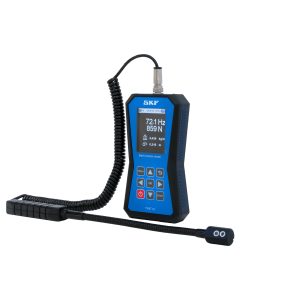Policy aims to boost greenfield projects and revitalise the mining sector
VAT Abolished to Lower Exploration Costs
Ghana’s government has announced the removal of value-added tax on mineral exploration and reconnaissance activities, a move aimed at revitalising investment in the country’s mining sector. Finance Minister Cassiel Ato Forson confirmed the policy shift during the 2026 national budget presentation, saying it is designed to reverse more than 20 years of limited greenfield development.
The 15% VAT, introduced 25 years ago as part of broader fiscal reforms, applied to exploration expenditures such as drilling and assay work. Industry stakeholders have long argued that it raised upfront costs for companies operating in the high-risk early phases of mineral discovery.
According to the Ghana Chamber of Mines, the tax had weakened Ghana’s competitiveness compared to neighbouring jurisdictions such as Ivory Coast, Burkina Faso and Kenya, where exploration is VAT-exempt.
Boosting Investor Confidence and Responsible Mining
Forson said the tax removal will “restore investor confidence, stimulate greenfield activity, and support the long-term sustainability of the mining sector.” He added that the measure forms part of a wider VAT review aimed at encouraging responsible mining practices and reducing uncontrolled prospecting that has contributed to environmental degradation.
Small-Scale Mining Drives Record Output
The policy change follows a surge in small-scale gold exports, which hit record levels between January and October. Shipments reached 81.7 metric tons valued at approximately $8.1 billion—exceeding large-scale mine exports of 74.1 tons worth $6.6 billion for the first time.
Forson said the growth reflects recent regulatory reforms that have formalised artisanal mining and strengthened export controls. Ghana had targeted a total gold output of about 144.5 tons for 2025.
Industry Reaction and Sector Outlook
The Ghana Chamber of Mines welcomed the announcement, noting that VAT on exploration had hindered new project development. President Michael Akafia said the tax had become “a barrier in the project pipeline and reduced Ghana’s standing as a mining destination.”
Ghana’s mining industry, which contributes more than a third of national export earnings, is dominated by gold production, with bauxite and manganese also playing key roles. Major operators in the country include Newmont, AngloGold Ashanti, Gold Fields, Perseus, Zijin, and Cardinal Namdini.
As part of broader sector reforms, the government has also initiated an audit aimed at increasing revenue from mining operations and improving overall regulatory oversight.








